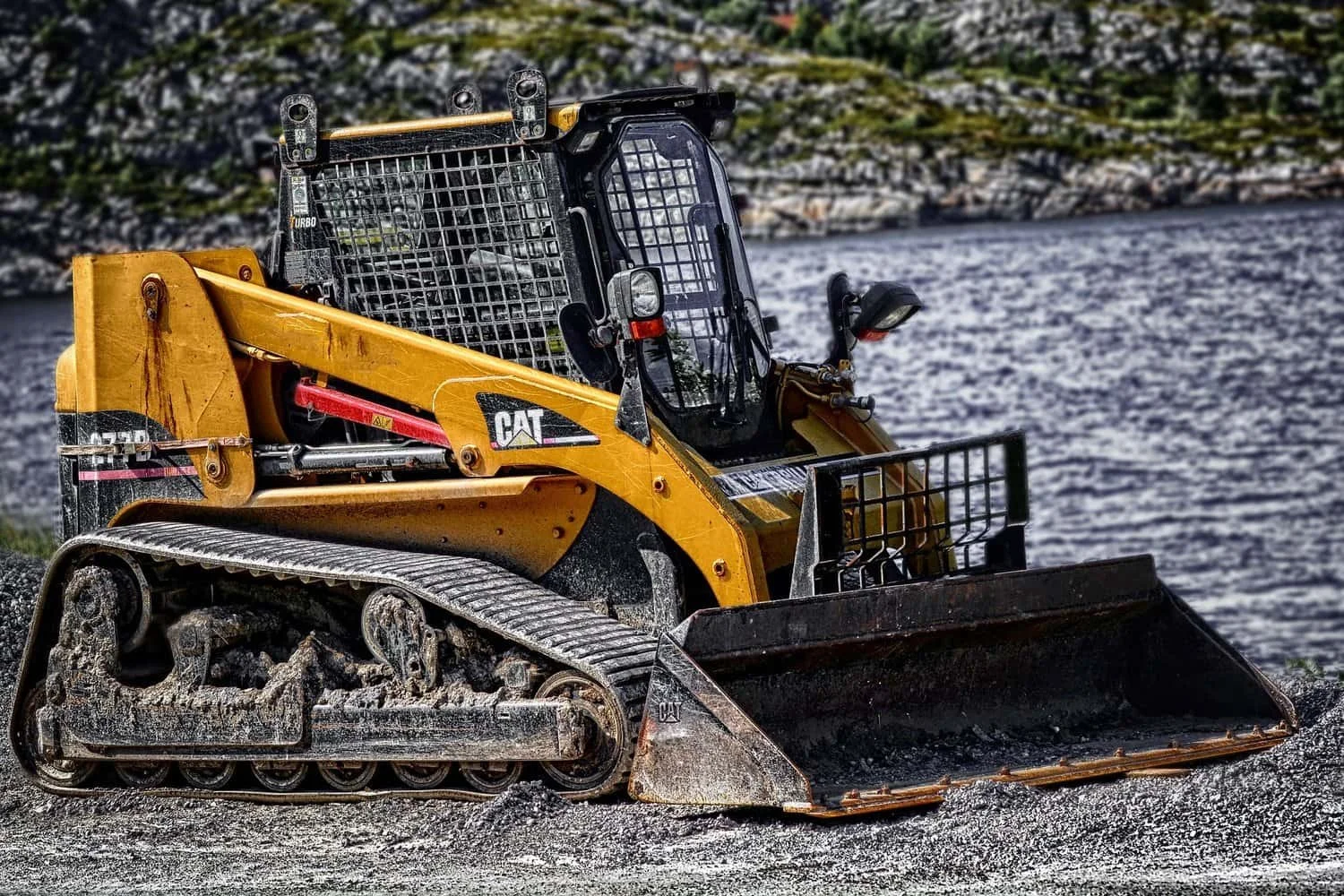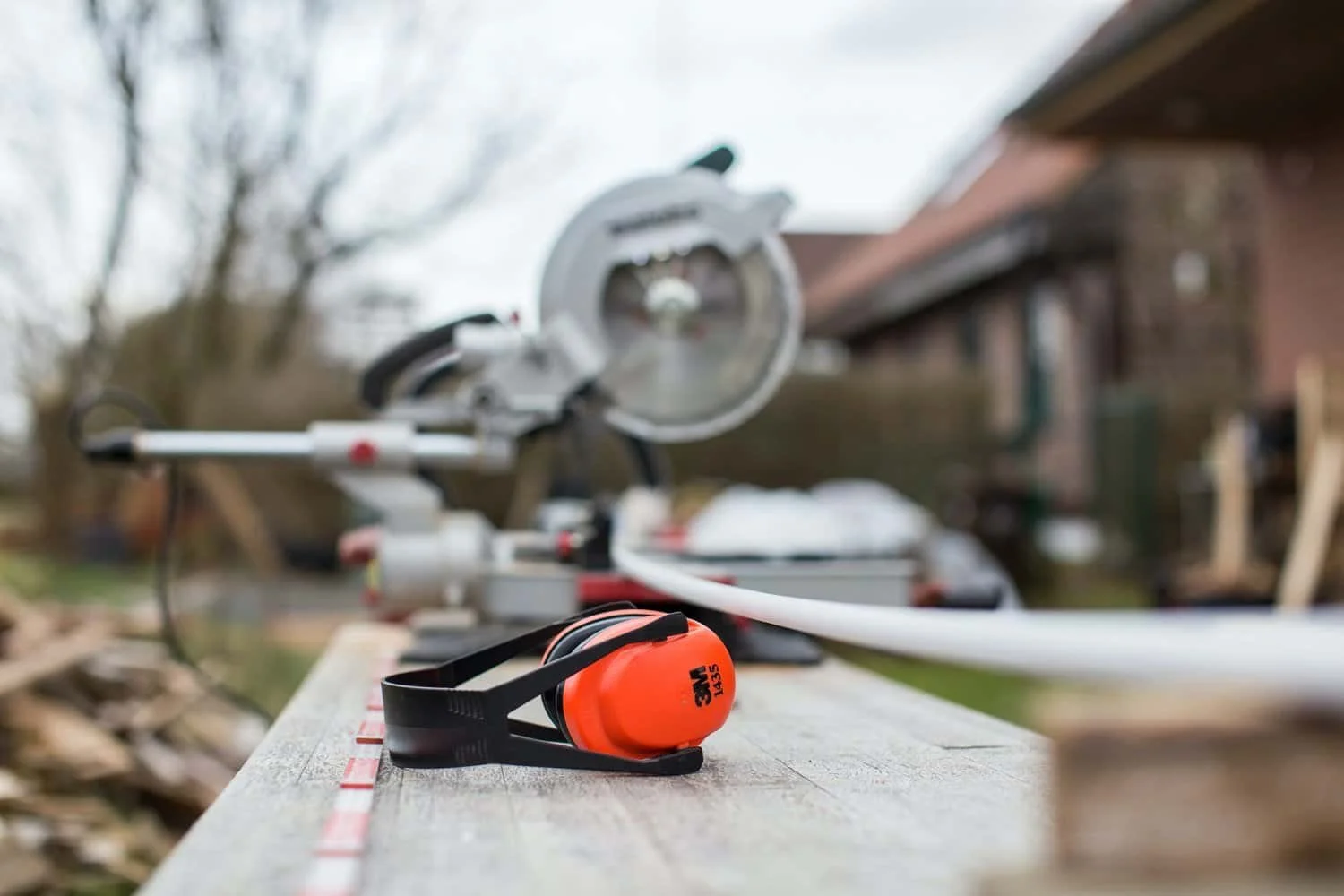Construction & Civil
Plant, Tools & Equipment Insurance
Owned & Hired Plant & Equipment (including dry & wet hire)
Owning plant, tools & equipment helps create efficiencies in any construction business and with each item costing anywhere from $10,000 - $150,000, insurance should not be overlooked. Unregistered plant, tools & equipment can be purchased alongside Contract Works Insurance however be prepared for depreciation to be applied at claim time if any item is more than two years old. Buying stand-alone plant insurance will allow you to insure items at market value or the sum insured (whichever is lessor), avoiding depreciation. If any of your plant & equipment is registered or conditionally registered, you will need to make sure with road risk liability is included in the cover.
It’s not uncommon for non-related companies to hire-out plant & equipment without thinking about the legal ramifications of who is responsible for damage or theft. If you or your business hire in or hire out without formal hire agreements and notifying your insurer, you could find your item is uninsured. A hire arrangement is an integral part of the hiring process. It should be signed by both parties, noting the conditions of hire and who is responsible for what. It should detail:
Necessary training and how to operate the equipment
Conditions of safe keeping, maintenance, and loss minimisation
Hirer’s responsible for loss or damage unless write back via damage waiver
Insurance clause sets out who is to insure hired item and if CoC required
Indemnity/hold harmless clause releases the owner from any vicarious liabilities while in hirers possession and operating of the equipment
When hiring-in plant and equipment, most hire agreements will make you contractually responsible for theft and/or damage and whilst you can buy damage waiver cover or insurance from the hirer, their insurance agreements exclude theft cover in almost all circumstances. You should consider adding hired-in plant & equipment insurance to your Contract Works Insurance.
Hand & Power Tools
The most cost effective way to insure smaller hand & power tools is by adding the cover to a Contract Works Insurance policy. If you do not have Contract Works Insurance and have bought a stand-alone tool insurance policy, we recommended you keep all serial numbers, photos and wherever possible proof of purchase, as some or all of this will be asked for at claim time. If you buy or sell items throughout the year, it is important to update your insurer each time. A stand-alone tool insurance policy generally excludes theft unless you can prove forcible or violent entry/exit.
A good Contract Works Insurance policy should offer blanket cover up to the maximum sum insured noted in your schedule and shouldn’t note any forcible or violent entry/exit making it the better option for most.


